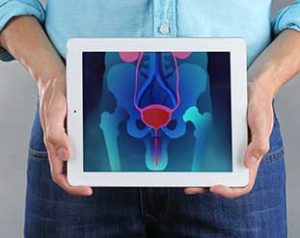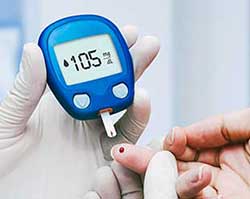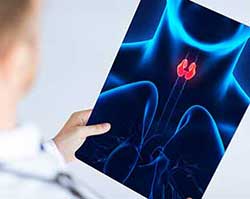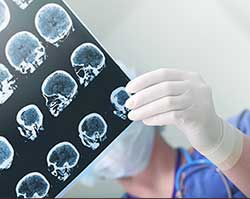Consult City's Top Doctors, The Minute You Need To
First Consultation starting
@ ₹349 ₹599
901
Neurologists
79622
Cases done
by Neurologists
1480
Hospitals
What is post-traumatic epilepsy?
About
Post-traumatic epilepsy is recurring seizures due to injury to the brain. This injury may be due to multiple head injuries which are often labeled as traumatic brain injury.
About 1 out of 10 people aged 15 years and older, developed epilepsy in the 3 years following a traumatic brain injury.
- Imaging always required
- Electroencephalogram (EEG) required
- Positron emission tomography (PET) required
Immediate post-traumatic seizure is a term which signifies seizures which occur within 24 hours of the injury, and seizures which occur more than a week after the surgery is called a late post-traumatic seizure.
20% of the people who have late post-traumatic seizure never have further seizures and thus, are different from post-traumatic epilepsy. Two or more unprovoked seizures with a likelihood of another, is called post-traumatic epilepsy. Intracranial bleeding or a change in clinical condition could have caused the seizure.
Symptoms
- Alteration in the sense of smell, taste, sight, hearing, or touch
- Dizziness
- Twitching of limbs
- Unresponsiveness
- Repetitive movement
- Muscle stiffness
- Shaking
Treatment
Self-care:
- Ketogenic diet is found beneficial for people who don't respond well to medication.
- Consult your doctor before following this diet.
Medication:
The doctor may prescribe anti-epileptic drugs which help in reducing the number of seizures patient may have. In some cases, they eliminate seizures.
Specialists:
Specialists might consider using vagus nerve stimulator, a device which is surgically placed under the skin of chest of the patient and stimulates the nerve that runs through the neck. This can help in preventing seizures. At mfine, we consider every disease carefully and provide the best solution.
Other Specialities
Give a missed call to 08061914343 to Download the App
































